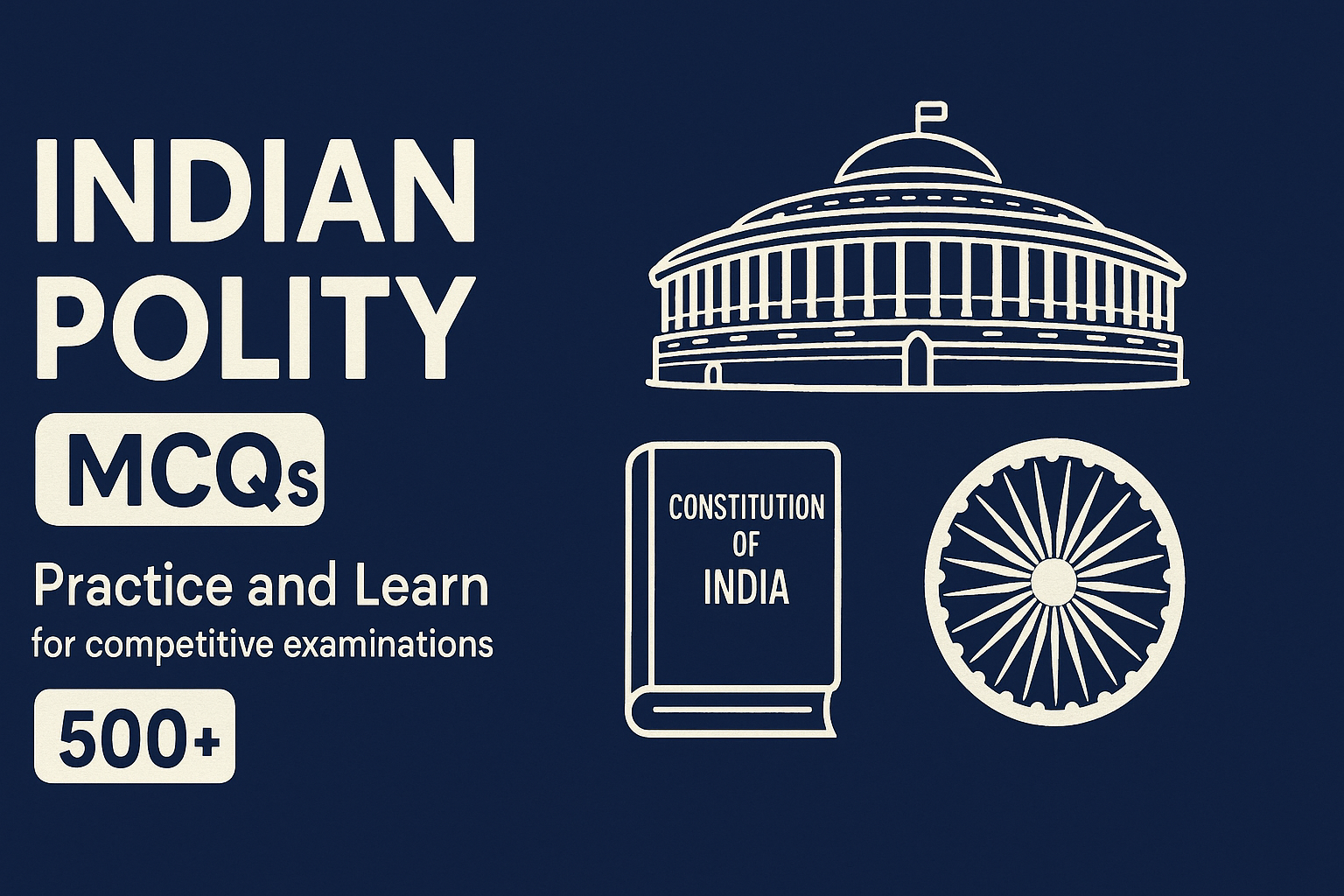
MCQ on Constitution of India and Indian Polity
Who among the following is appointted by the President of India ?
The President's Rule under Article 356 of our Constitution, once proclaimed, remains valid in a state for the maximum period of :
The Finance Commission is appointed by the President of India for a tenure of :
How many types of Emergency have been envisaged by the Indian Constitution ?
Which one of these form of Panchayat is not a part of constitutional system of Panchayati Raj in India ?
Panchayati Raj is a south Asian political system of local Governance. In which of the following countries does this system not exist ?
Which part of the Indian Constitution deals with the Panchayats ?
The Constitution of India was amended for the first time in :
The structure of the Indian Constitution is :
Who summons the meetings of the Parliament ?
